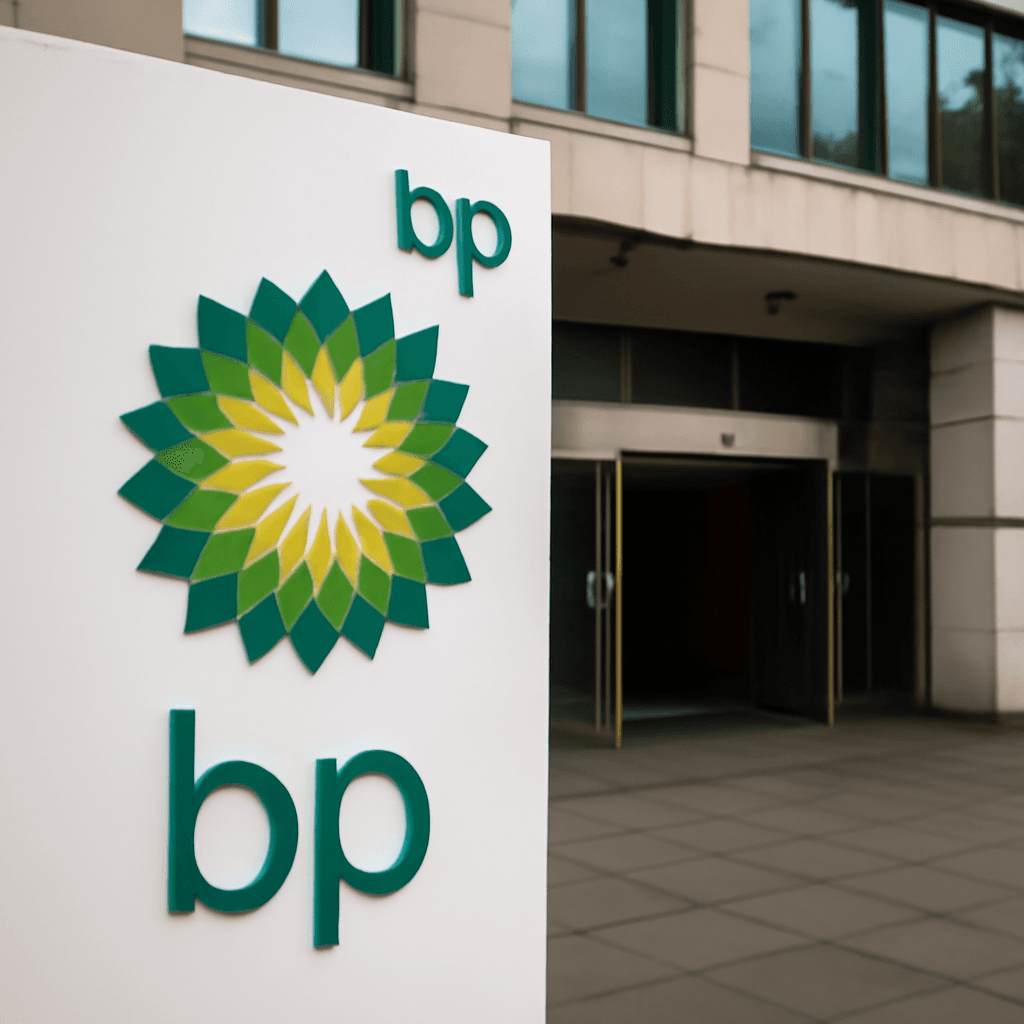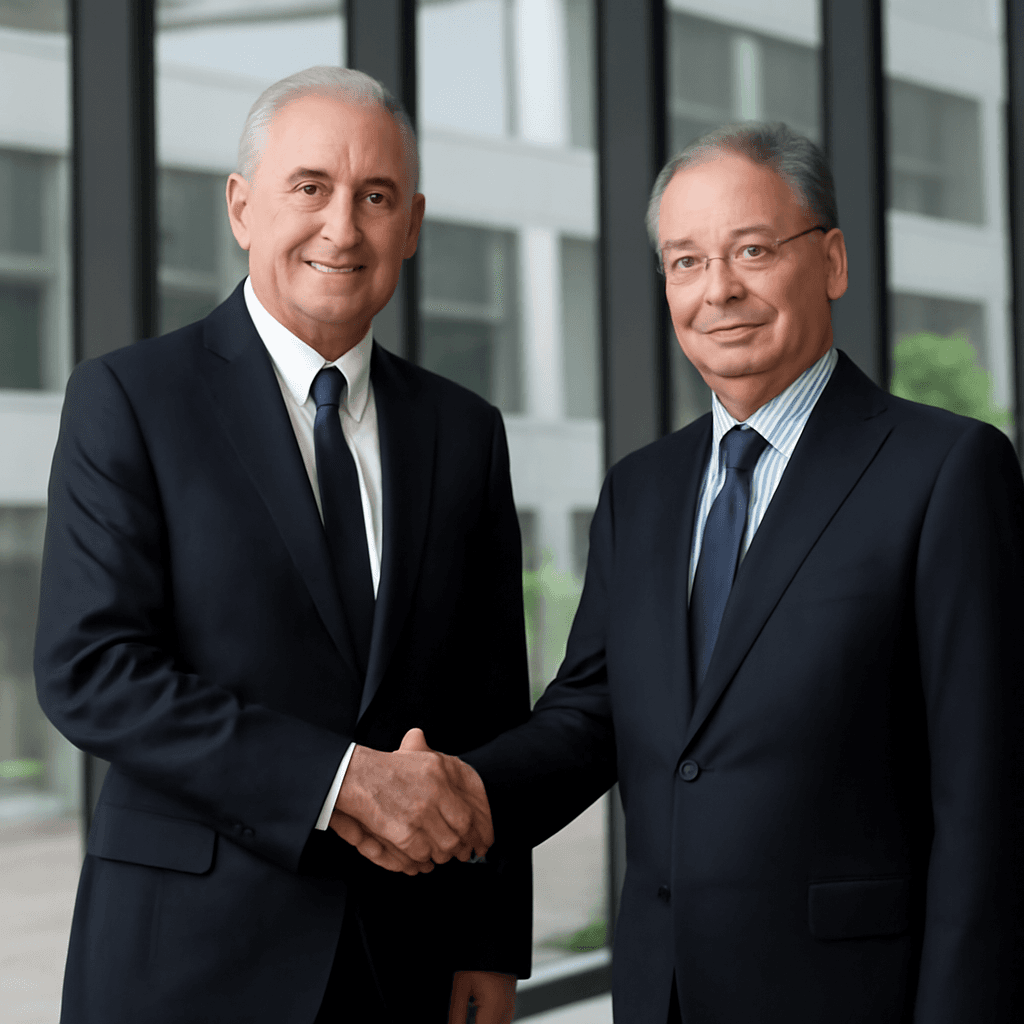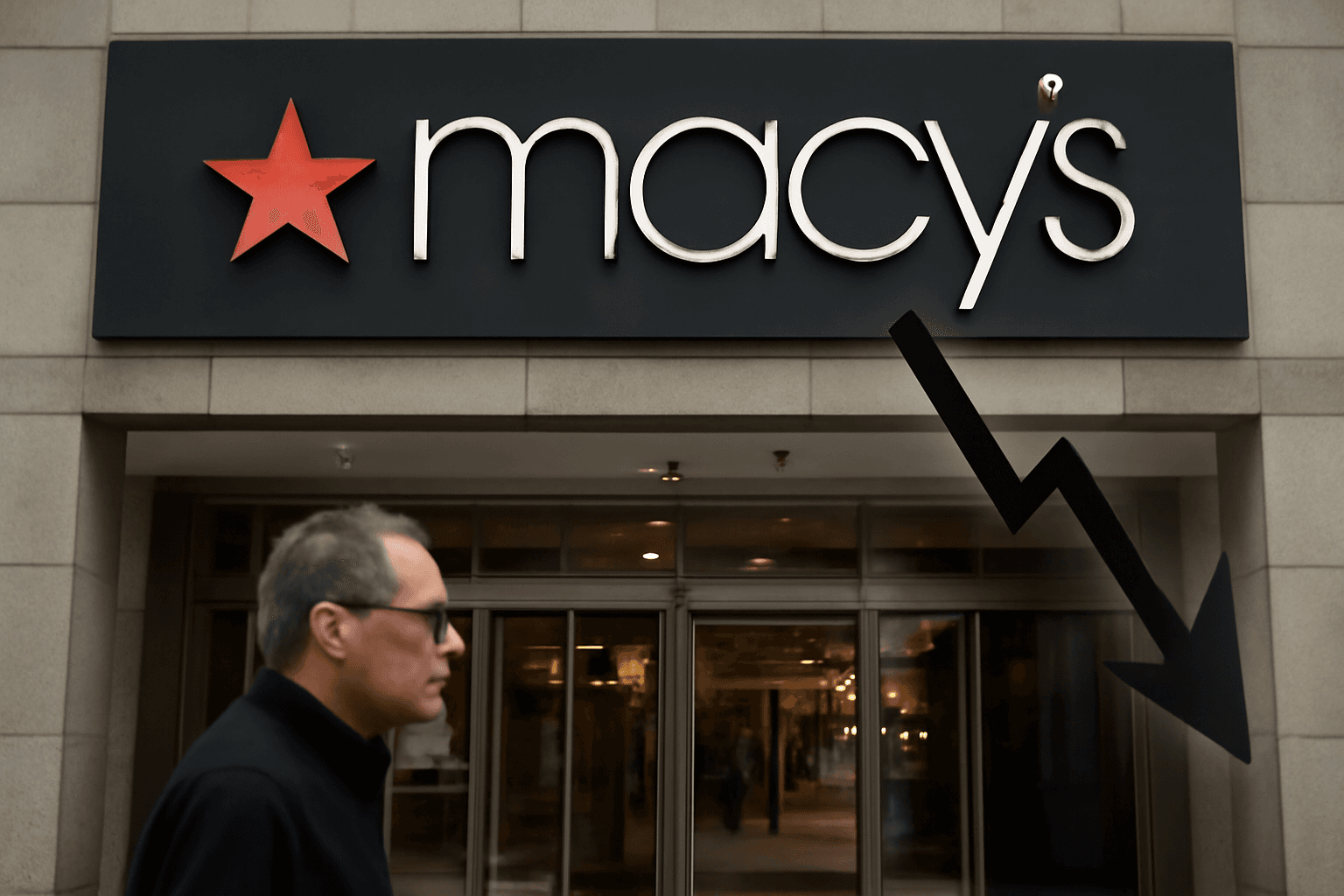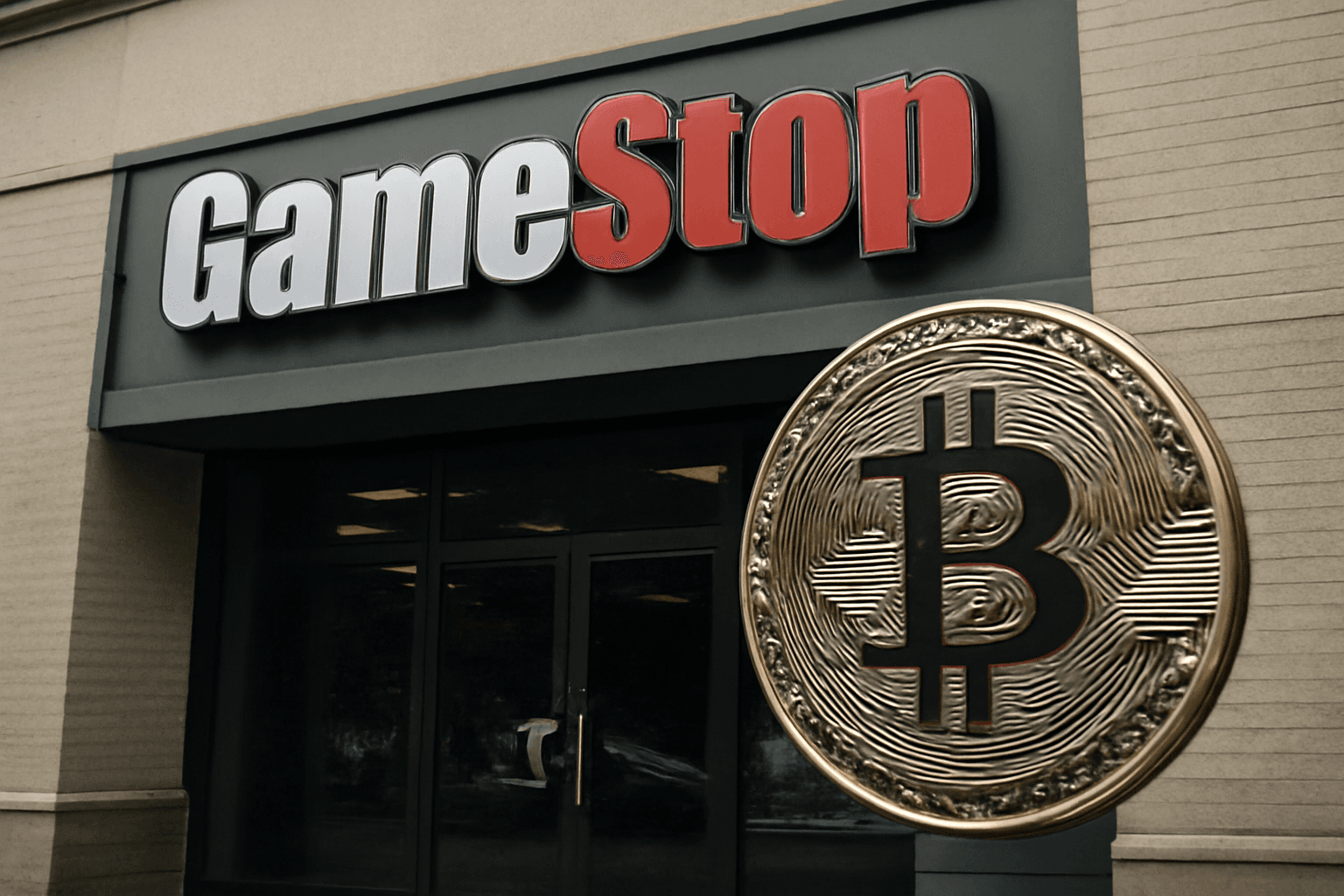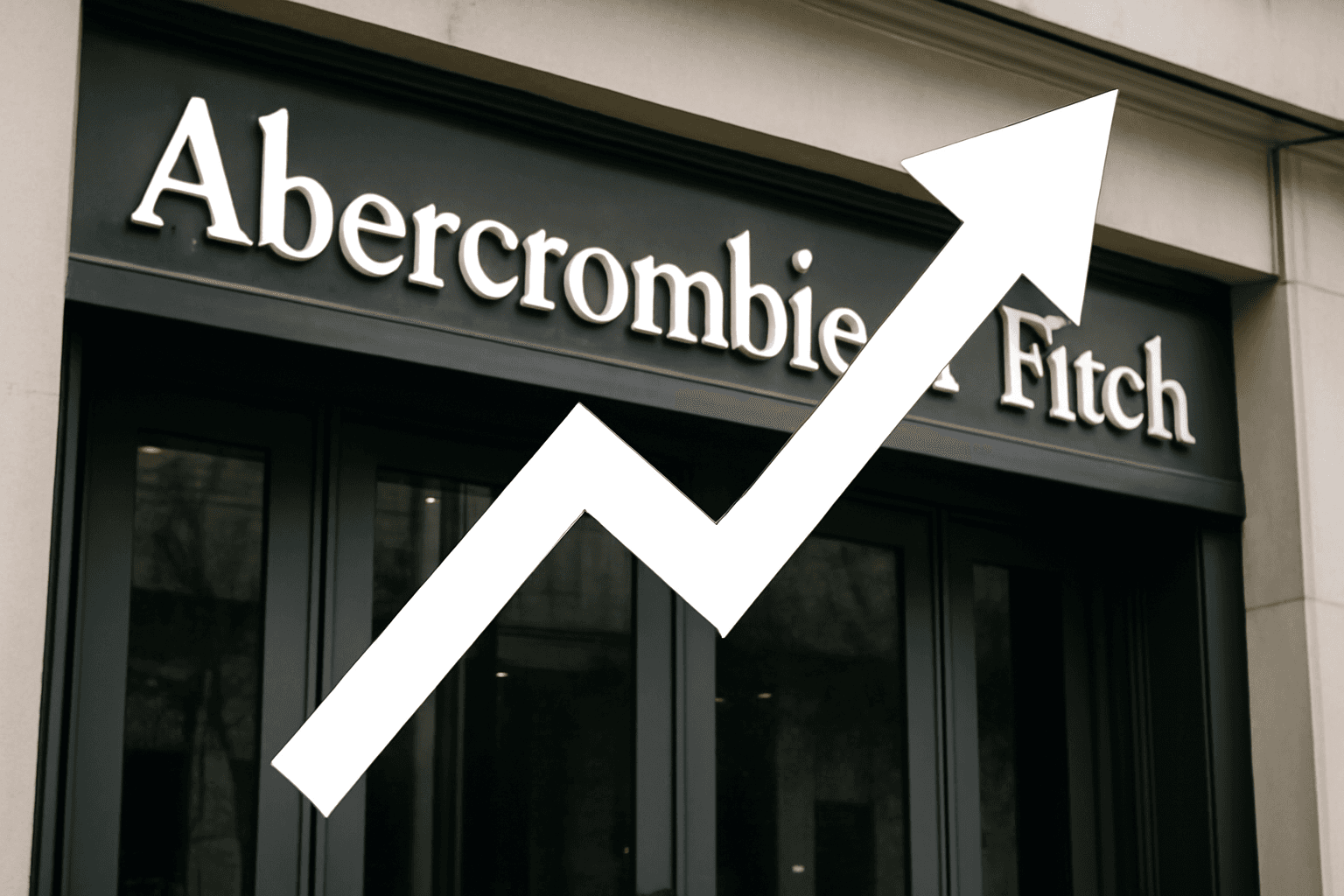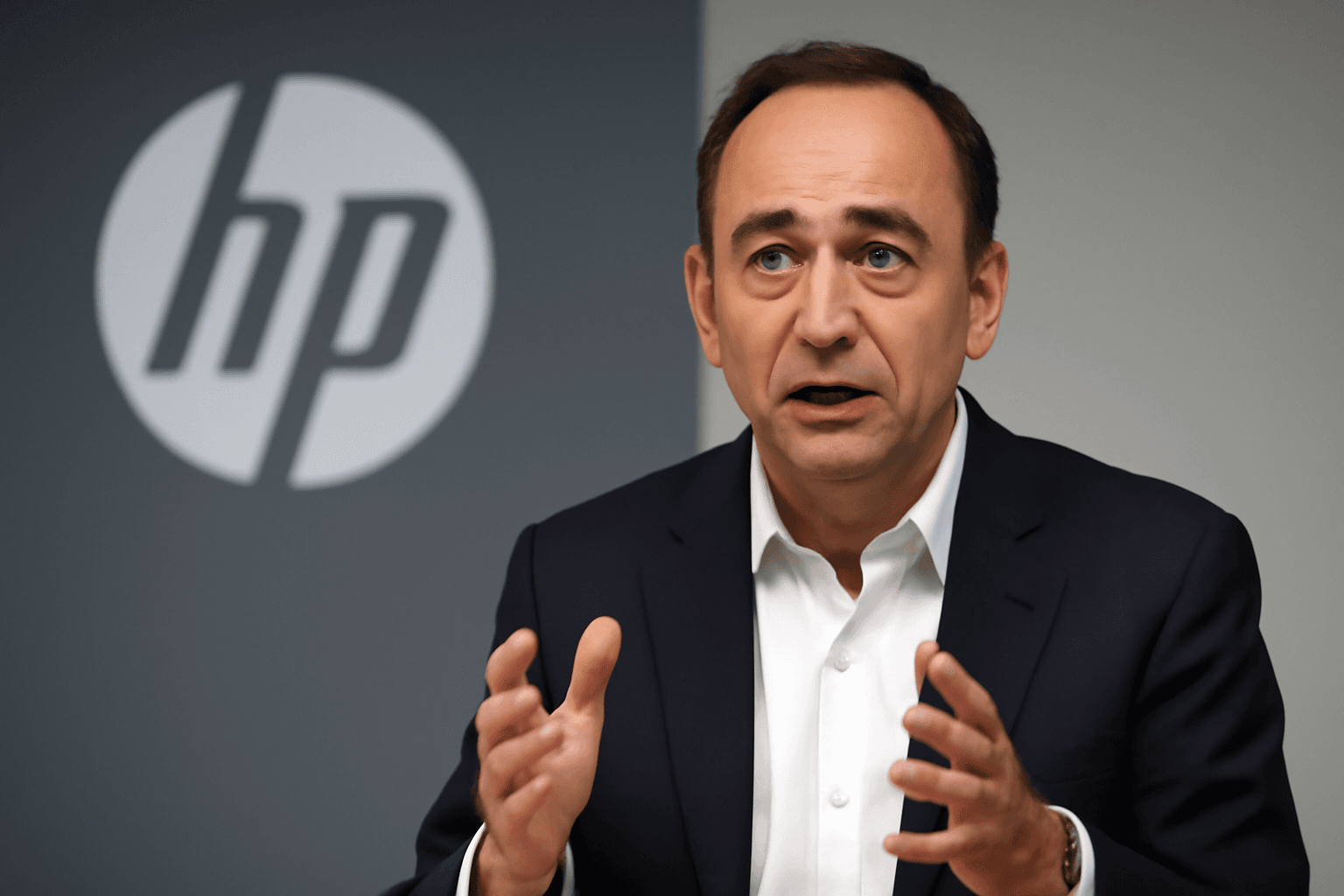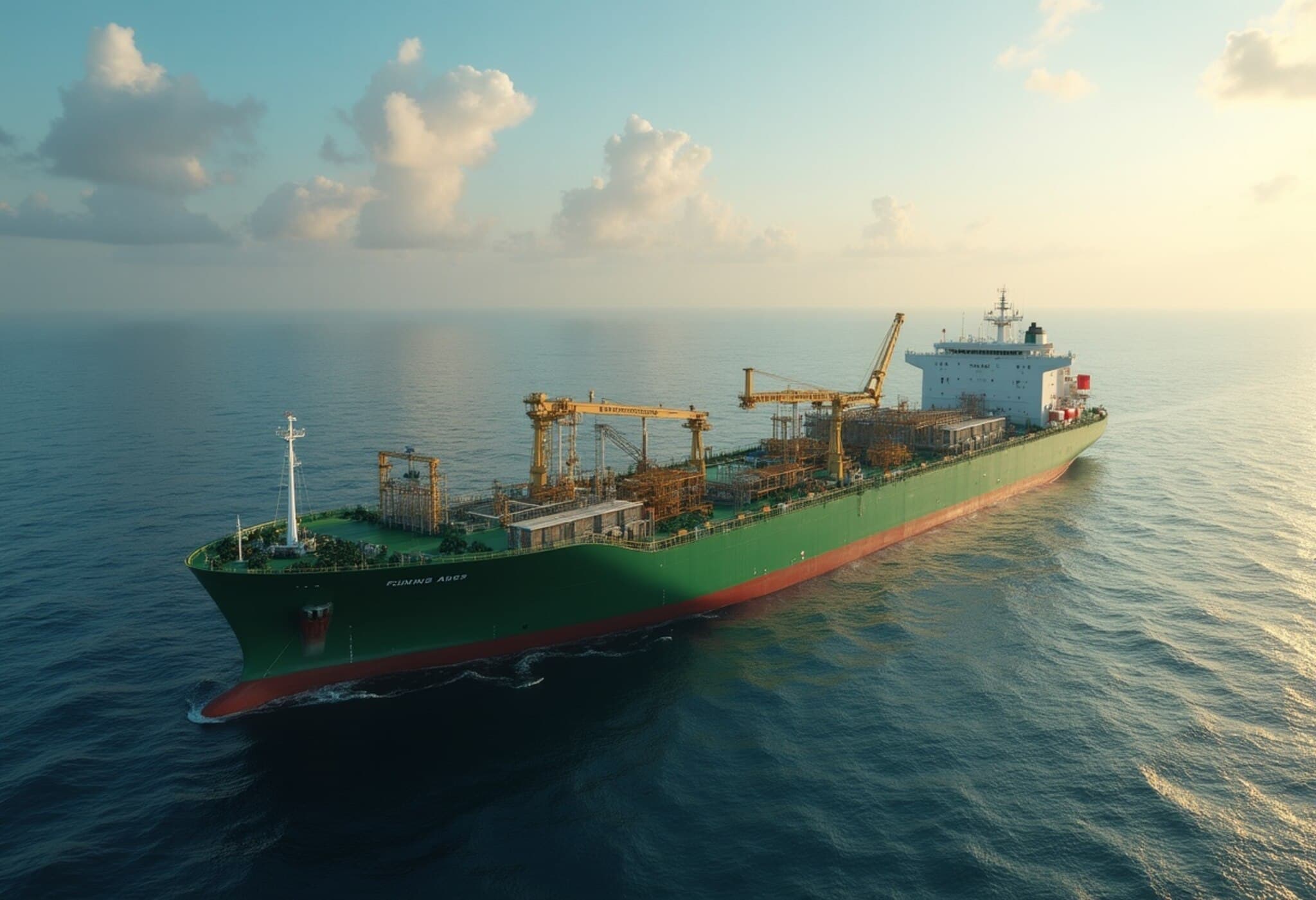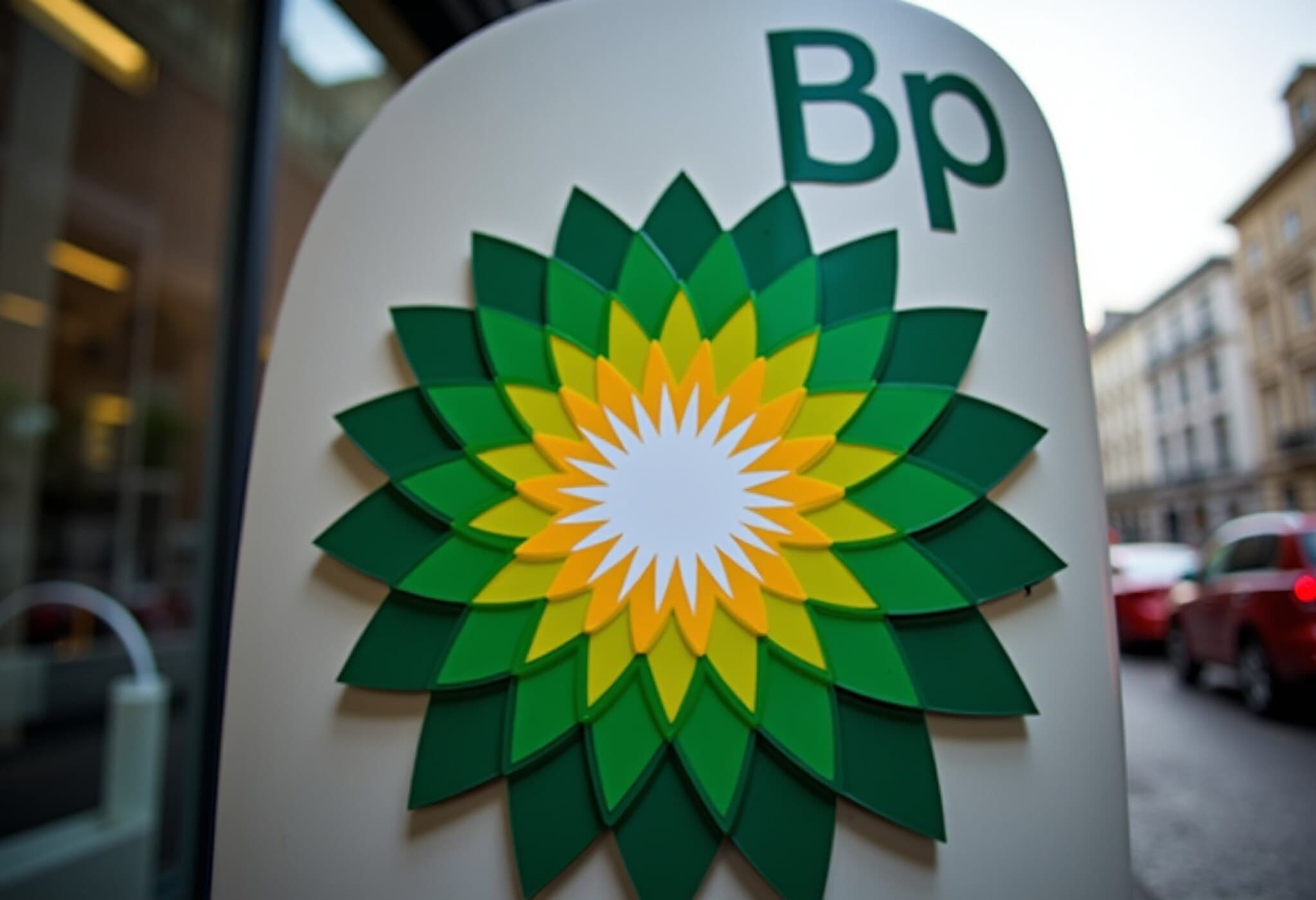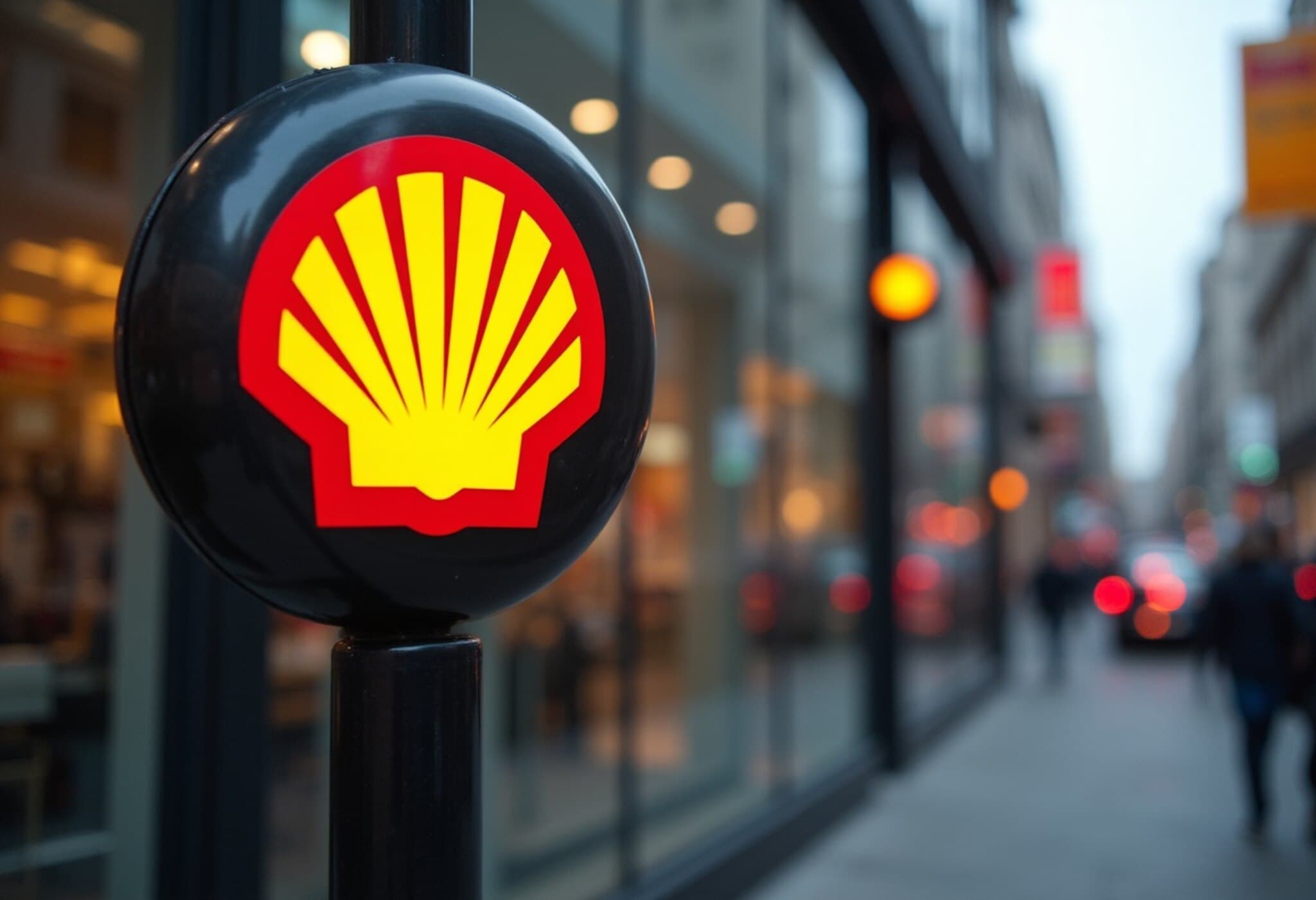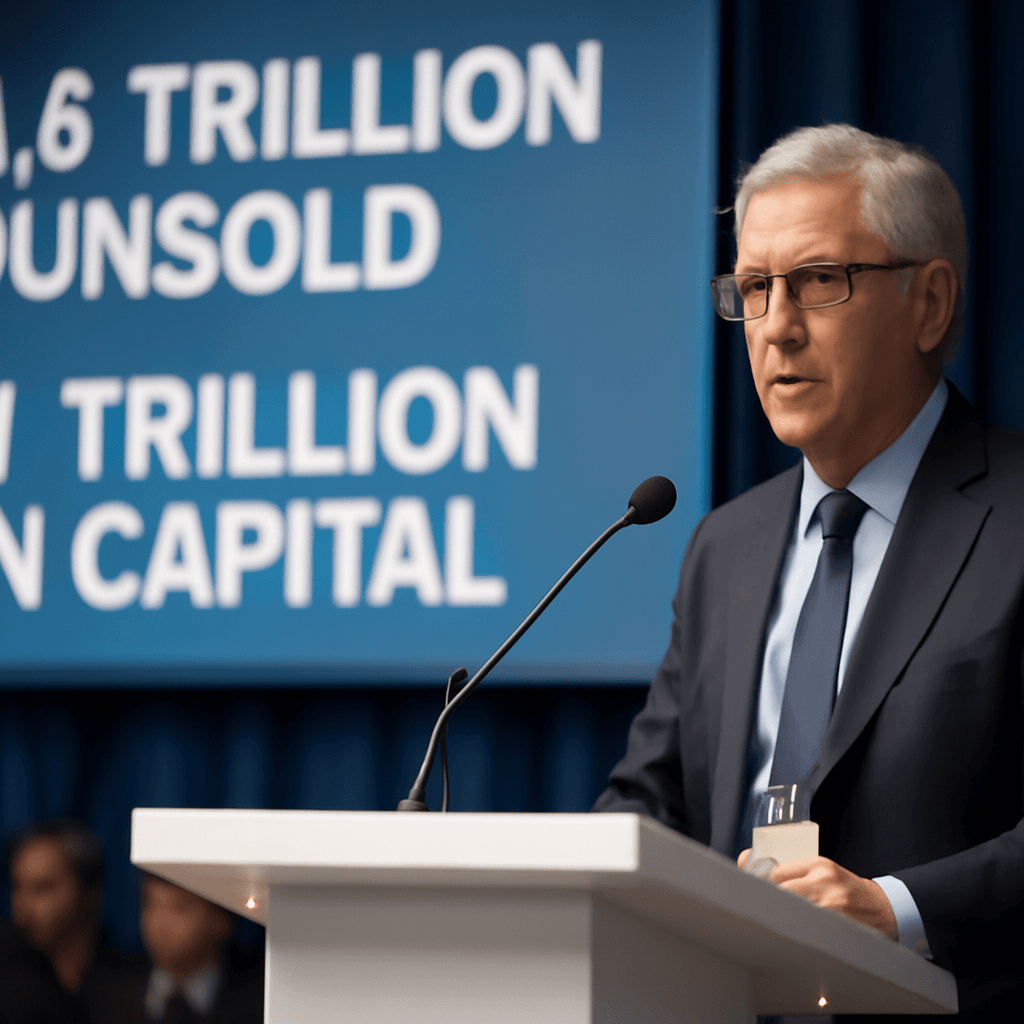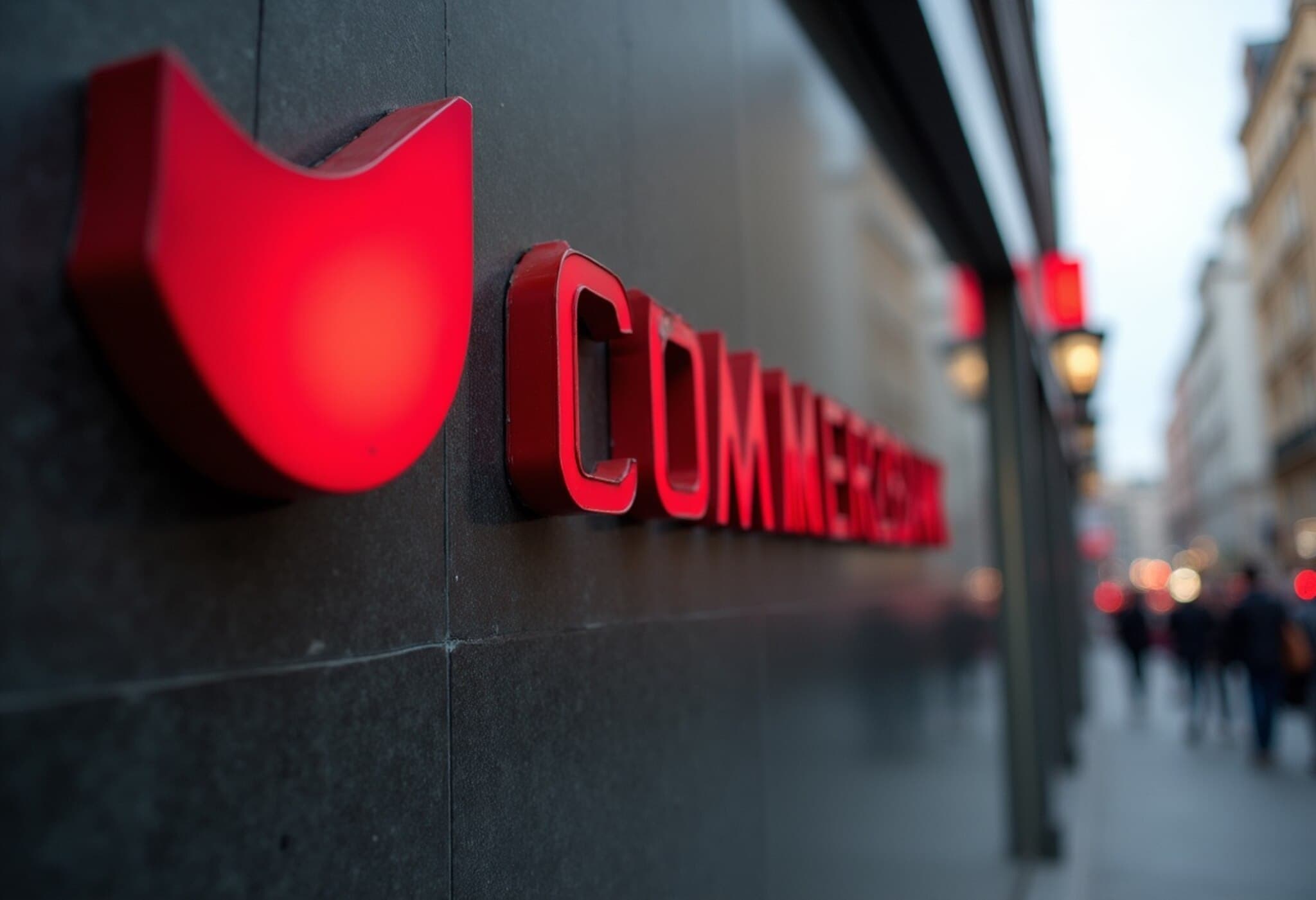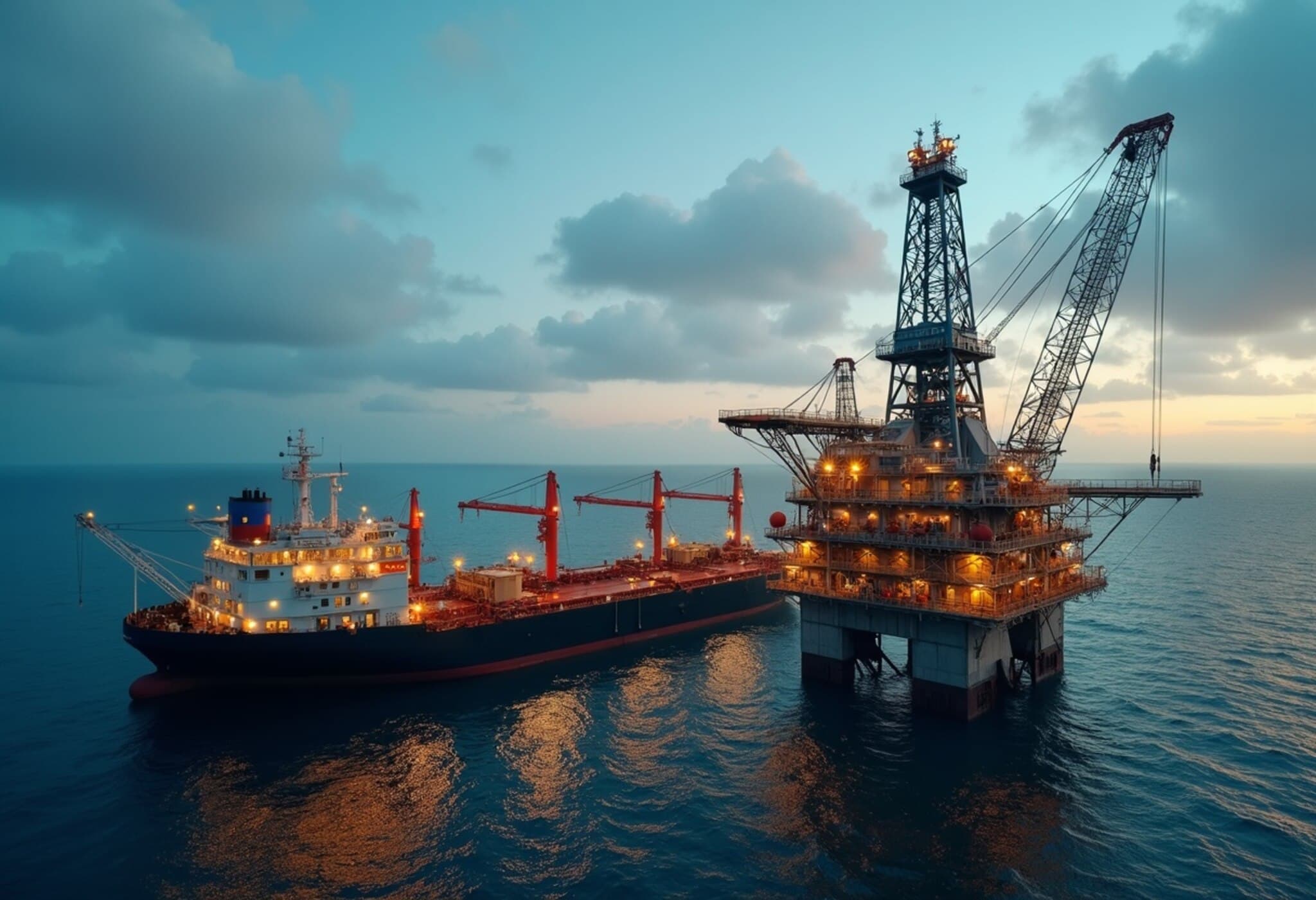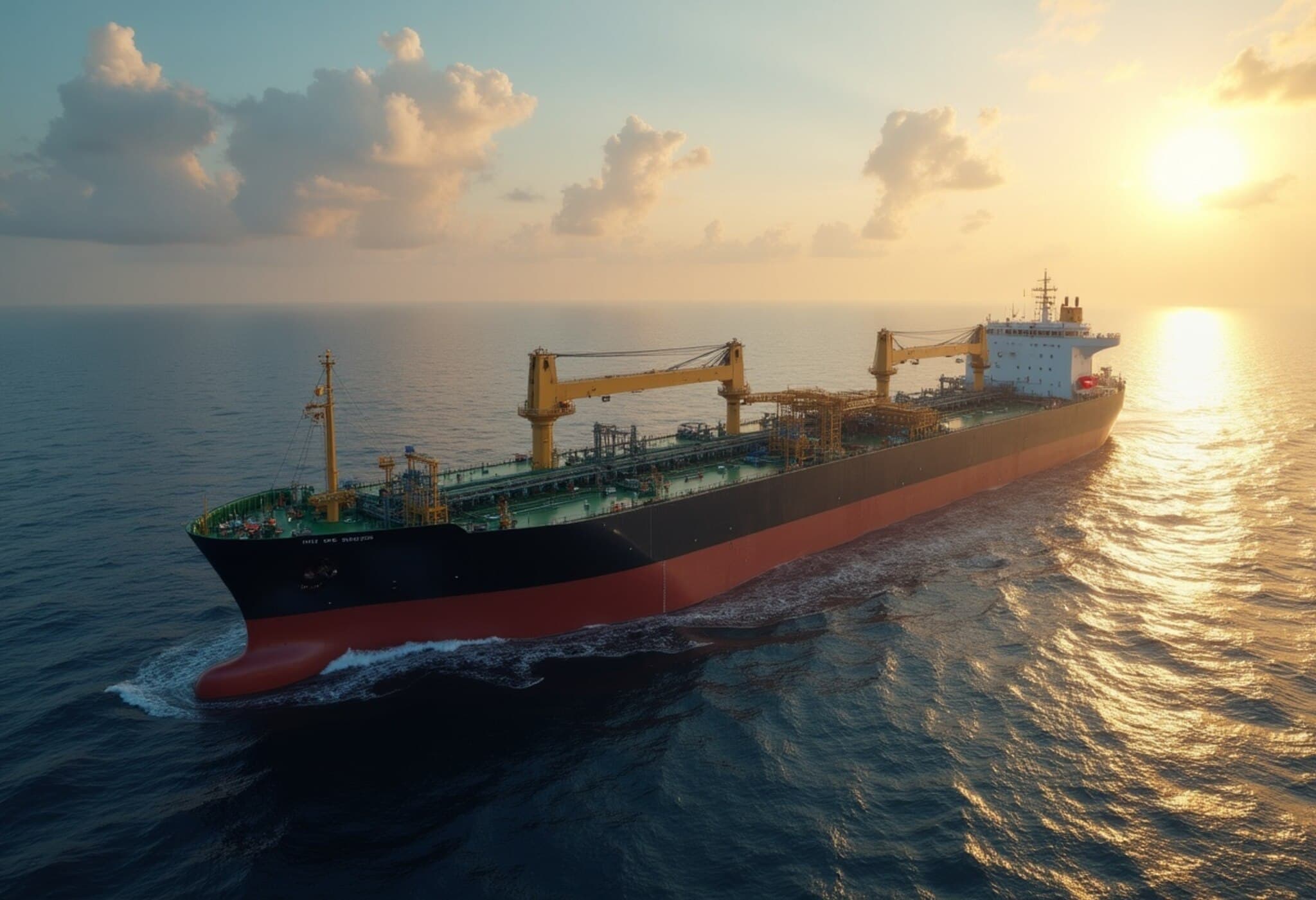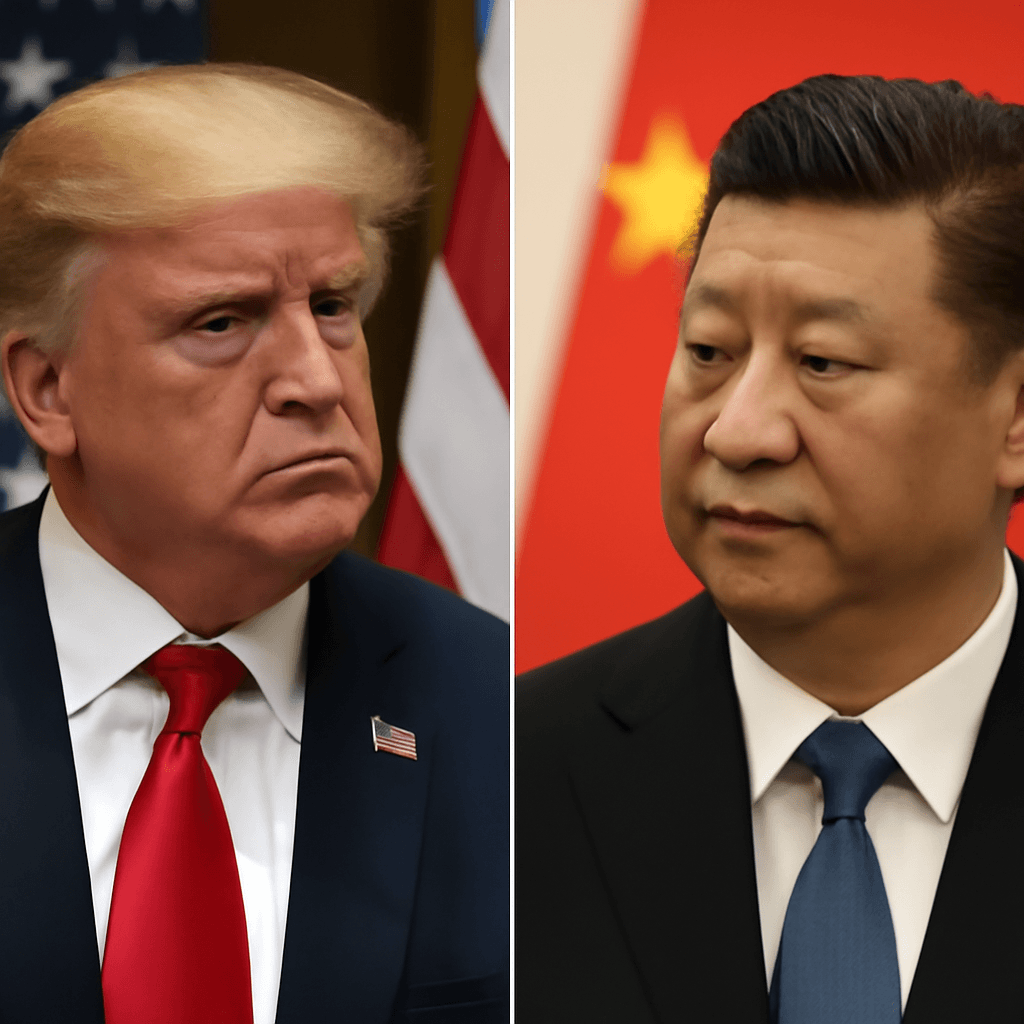BP Considers Selling Castrol Lubricants Business Amid Takeover Speculation
British energy major BP is reportedly attracting interest from multiple potential buyers for its Castrol lubricants division as it aims to strengthen its position against possible takeover attempts. The sale could generate between $8 billion and $10 billion, according to market insiders.
Potential Buyers and Strategic Review
Several energy companies and private equity firms have shown interest in acquiring Castrol. These include India’s Reliance Industries, Saudi Arabia’s Aramco, alongside private equity giants Apollo Global Management and Lone Star Funds. BP initiated a strategic review of Castrol in late February but has declined to comment on the ongoing speculation.
This development comes while BP is under intense market scrutiny as a prime target for acquisition. The London-listed firm recently launched a comprehensive strategic reset focusing on a green strategy revision and plans to divest $20 billion in assets by 2027.
Castrol Considered a Valuable Asset
Industry analysts view Castrol as one of BP’s “crown jewels,” highlighting that the interest from potential buyers could be a positive sign in the firm’s effort to realign its portfolio and reinforce investor confidence.
Market Perspectives and Challenges
Maurizio Carulli, an energy analyst, noted several factors influencing the potential sale:
- The sale could reduce BP’s debt burden, making it more appealing to buyers.
- Macroeconomic uncertainties might affect the final valuation of Castrol negatively.
- Despite Castrol’s significance, it represents a relatively small part of BP's overall business, indicating limited operational impact.
BP’s Financial Performance and Investor Pressure
BP reported weaker-than-expected profits in the first quarter of 2025, amidst growing pressure from activist investors. For example, hedge fund Elliott Management publicly disclosed a stake exceeding 5% in BP, intensifying expectations for the company to refocus on oil and gas operations.
BP’s CEO, Murray Auchincloss, affirmed the company’s progress in delivering its strategic reset, citing improved upstream operational efficiency and recent oil and gas discoveries.
Industry Analyst Views
Lydia Rainforth, European energy equity research head, stated BP’s prospects appear promising if the company can overcome short-term challenges. She emphasized:
- BP’s share price currently undervalues its assets.
- The next six months represent a critical period of vulnerability.
- Divestments, including the possible sale of the lubricants business, could raise substantial funds ($12 to $15 billion) to reduce debt.
Share Performance and Merger Speculation
BP shares have underperformed industry peers, declining over 20% in the past year. This weakness has fueled rumors of a potential merger with domestic rival Shell. US oil giants Exxon Mobil and Chevron have also been suggested as possible suitors, though none have commented on the speculation.
Outlook and Investor Expectations
Investment experts emphasize that shareholders seek evidence of stronger cash flow generation to maintain dividend payments and share buybacks. BP’s plans for $3 billion to $4 billion in asset sales and lower capital expenditures in 2025 aim to reduce net debt to between $14 billion and $18 billion by the end of 2027.
Successful divestment of Castrol could reinforce shareholder confidence, while further quarters of weak cash flow might increase activist investor involvement.

